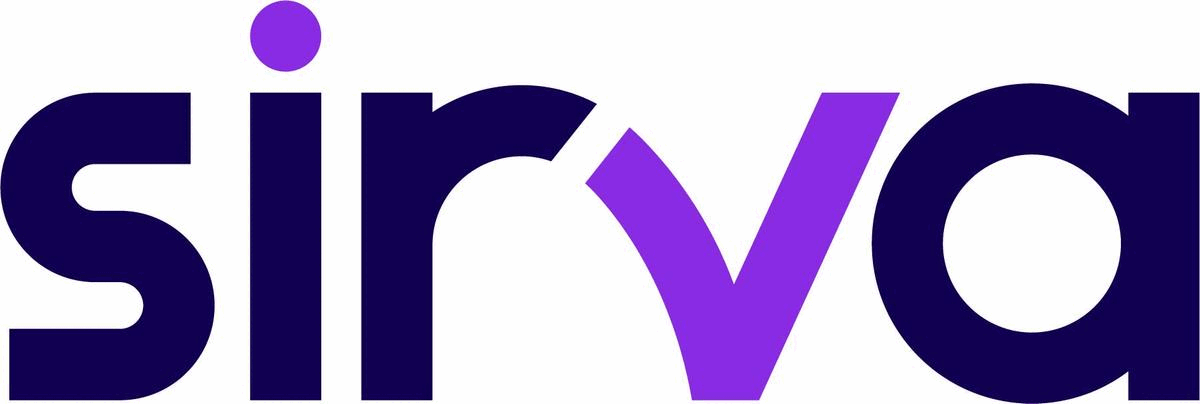
Customs Information
Ethiopia - All
DOCUMENTS REQUIRED 
- Copy of passport (the original is required for non-diplomats and workers of schools, private organizations, non-governmental organizations (NGOs), etc.
- Duty-free privilege document issued by the Ministry of Foreign Affairs
- Import permit from the Ministry of Foreign Affairs (diplomats, semi-diplomats / import permit from the Ministry of Revenue (citizens currently residing in Ethiopia)
- Work permit from the Ministry of Foreign Affairs (issued to the owner of the goods by the employer or diplomatic organization)
- Original bill of lading (OBL) / air waybill (AWB)
- Packing list
- Detailed and valued inventory in USD or EURO
- Copy of ID issued by the Ministry of Foreign Affairs (diplomats, semi-diplomats)
- Letter of guarantee issued and sealed by the diplomatic organization (diplomats, semi-diplomats)
- Letter of support (non-diplomats, workers of schools, private organizations, NGOs, etc.)
- Letter from embassy legalized by the Ministry of Foreign Affairs at arrival (returning citizens)
- Certificate of origin (citizens currently residing in Ethiopia)
- Bank permit with import license (citizens currently residing in Ethiopia)
- Proof of insurance from a local company (citizens currently residing in Ethiopia)
- Purchase invoices (citizens currently residing in Ethiopia)
- Freight receipt from origin steamship (SS) line (citizens currently residing in Ethiopia)
CUSTOMS REGULATIONS
- Owners of the goods must be present at the time of arrival of the shipment with an original passport and work permit or diplomatic exemption for Customs clearance (work permits take approximately 3-6 weeks to obtain).
- Work permits are issued for non-diplomats and non-citizens.
- Express / telex releases are not accepted; only the OBL is accepted.
- Documents should be express mailed at least 15 days prior to shipment arrival at the port in Djibouti for the employer to obtain a privilege document / import permit.
- All containers are subject to inspection (except those for diplomat and semi-diplomat shipments).
- Diplomatic and semi-diplomatic shipments are tax exempt.
- Duty free privilege refers to the general franchise document that diplomats receive from the local Ministry Foreign Affairs as soon as they resume work and after processing their diplomatic ID.
- Non-diplomatic shipments are subject to a duty payment.
- The recommended port of entry (POE) for sea shipments into Ethiopia is Djibouti.
- A general inventory list with goods to be imported without stipulating the number of items but only the value of each item (diplomats, semi-diplomats) is recommended.
- For consolidated shipments, Details of type of shipments and quantity should be clearly identified in the body of the bill of lading.
- It is advised to only consolidate 2 shipments of the same nature (owners of the goods sharing the container should either both be diplomats or non-diplomats).
- In the event, two different status shipments are consolidated together ,delays in clearance and violation of the diplomatic immunity of the diplomatic shipment will take place.
- Container deposits must be made with the Ethiopian Revenue and Customs Authority Export and Other Goods Facilitation Branch Office by the owner of the goods.
MOTOR VEHICLES
- Only left-hand drive vehicles can be imported.
- Vehicles with tinted windows cannot be imported.
- Vehicles are subject to taxes.
- Current Ethiopian residents cannot import vehicles.
- In the case of non-diplomatic shipment owner of the goods needs to acquire vehicle import authorization from RTA.
- Ethiopian embassy’s letter from country of origin is a pre-requisite for returning nationals (this letter needs to be legalized by MoFA).
Documents Required:
- Vehicle identification number (VIN) (clearly state on the BOL)
- Vehicle documents (must include engine number, chassis number, make, model, year of manufacture, and number of cc, etc.)
- Commercial invoice with VIN number
- Packing list
- Owner’s manual
- Import authorization from Ministry of Foreign Affairs (MoFA) and Road Transport Authorities (RTA) both addressed to Ethiopian Revenue and Customs Authority Addis Ababa Kaliti Customs Branch to be processed by the diplomatic organization (diplomats and semi-diplomats
- Ethiopian embassy’s letter from country of origin
- Authorization of the RTA and Communication Ministry (issued to the owner of the goods by an organization or diplomatic organization)
- OBL with the vehicle VIN number clearly identified
- Letter of support (non-diplomats, schools, private organizations, NGOs, etc.)
PETS
- Both diplomats and non-diplomats can import pets to Ethiopia provided that they present the required document.
- Non-diplomats are not required to process their request via the MoFA, they can place their request directly towards the Ministry of Agriculture and Rural Development.
- The diplomatic organization (embassy) in Ethiopia will provide written notification to the Ministry of Foreign Affairs that an employee will be arriving with a pet and provide a copy of all documents relative to the identity and health of the pet.
- Upon receipt of the letter, the Ministry of Foreign affairs will inform the Ministry of Agriculture and Rural Development, which will request that the embassy provide it with any additional necessary documents.
- The Ministry of Agriculture will inform the Customs Authority and provide the owner of the pet with the necessary documents permitting entry in Ethiopia.
- It takes approximately 1-1/2 to 2 months to obtain the required documents for the importation of pets into Ethiopia.
Documents Required:
- Copy of passport
- Health certificate / carnet / booklet / birth certificate
- Letter / certificate of Ministry of Agriculture from origin country / state
RESTRICTED / DUTIABLE ITEMS
- Electrical appliances (only one of each item, e.g., one television, one computer, etc. may be imported).
- Decoders and satellite dishes (authorization is required from the Telecommunication Office prior to container arrival at Terminal Addis upon the presentation of documents relative to the imported goods.
- Radio transmitters and walkie-talkies (a permit from the Telecommunications Department is required)
PROHIBITED ITEMS
- Narcotics and illegal drugs of any kind
- Pornographic materials
- Subversive materials (books, magazines, photograph, etc.)
- Firearms and ammunitions
- Weapons
- Explosives